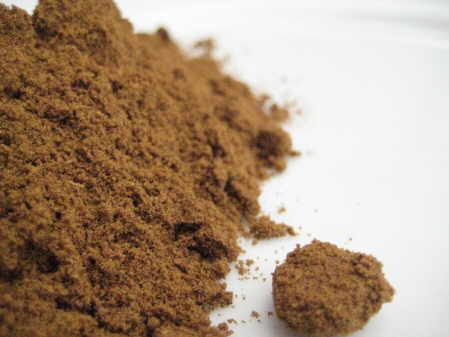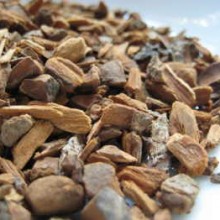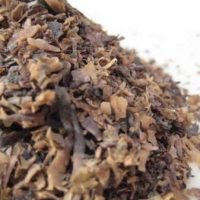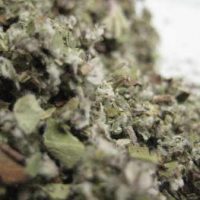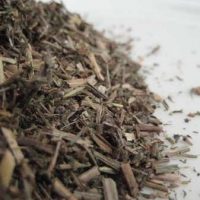Cuminum cyminum from which Cumin Seed is harvested and then, as in this product, fine ground, is a flowering plant in the family Apiaceae, native from the east Mediterranean to East India.
Traditional Culinary Uses for Cumin Seed :-
Today, cumin is mostly identified with Indian and Mexican cuisines. It is used as an ingredient of curry powder. Cumin can be found in some Dutch cheeses like Leyden cheese, and in some traditional breads from France.
Cumin can be used to season many dishes, as it draws out their natural sweetness. It is traditionally added to curries, enchiladas, tacos, and other Middle-eastern, Indian, Cuban and Mexican-style foods. It can also be added to salsa to give it extra flavour. Cumin has also been used on meat in addition to other common seasonings. The spice is a familiar taste in Tex-Mex dishes and is the lingua franca of the cuisines of the Indian subcontinent.
Cumin can be boiled in tea to make “Cumin Cider”, First made by native Mexicans and spread throughout South America.
Traditional Medicinal Uses for Cumin Seed:-
In herbal medicine, cumin is classified as stimulant, carminative, and antimicrobial. It is used as a digestive.
History of Cumin Seed :-
Cumin has been grown and used as a spice since ancient times. Originally cultivated in Iran and the Mediterranean region, cumin is mentioned in the Bible in both the Old Testament (Isaiah 28:27) and the New Testament (Matthew 23:23).
It was also known in ancient Greece and Rome. The Greeks kept cumin at the dining table in its own container (much as pepper is frequently kept today), and this practice continues in Morocco today.
Cumin fell out of favour in Europe except in Spain and Malta during the Middle Ages but is more widely used again today; it was introduced to the Americas by Spanish colonists. It is now mostly grown in Iran, Uzbekistan, Tajikistan, Turkey, Morocco, Egypt, India, Syria, Mexico, and Chile.
The name cumin has a long history. Although the English form goes back to Latin cuminum, and Greek κύμινον, the Greek seems to have been borrowed from a Semitic source; forms of this word are attested in several ancient Semitic languages, including Akkadian. The ultimate source seems to be the Sumerian word gamun.
A folk etymology connects the word with the Persian city Kerman, where, the story goes, most of ancient Persia’s cumin was produced. For the Persians the expression “carrying cumin to Kerman” has the same meaning as the English language phrase “carrying coals to Newcastle”. Kerman, locally called Kermun, would have became Kumun and then cumin in the European languages.
In India, cumin is known as jeera or geera; in Iran, cumin is known as zeera; in northwestern mainland China, cumin is known as ziran.

